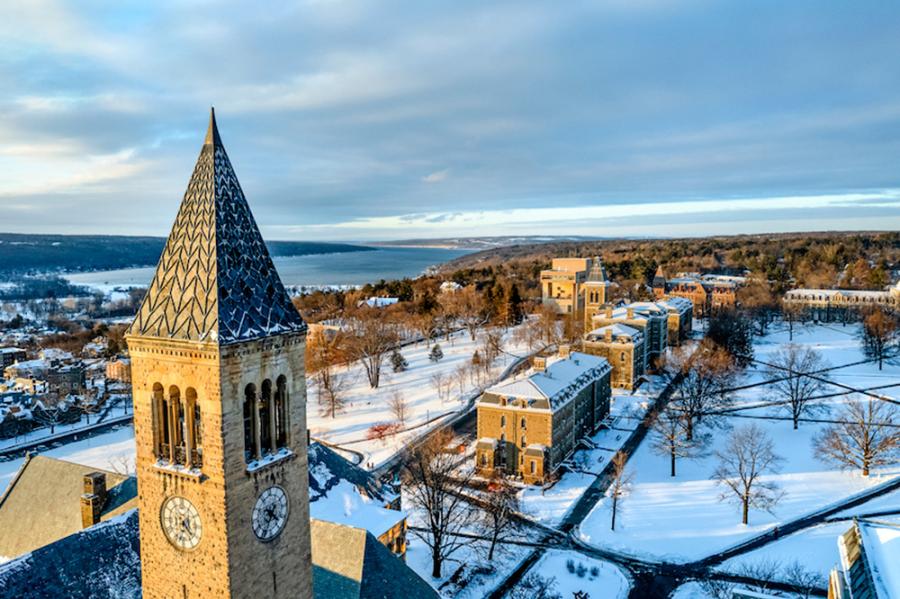
Five from Cornell named 2026 Sloan Research Fellows
Five Cornell faculty members are among 126 early-career researchers across North America who have won 2026 Sloan Research Fellowships from the Alfred P. Sloan Foundation.
 Department Homepage
The College of Arts & Sciences
Department Homepage
The College of Arts & Sciences
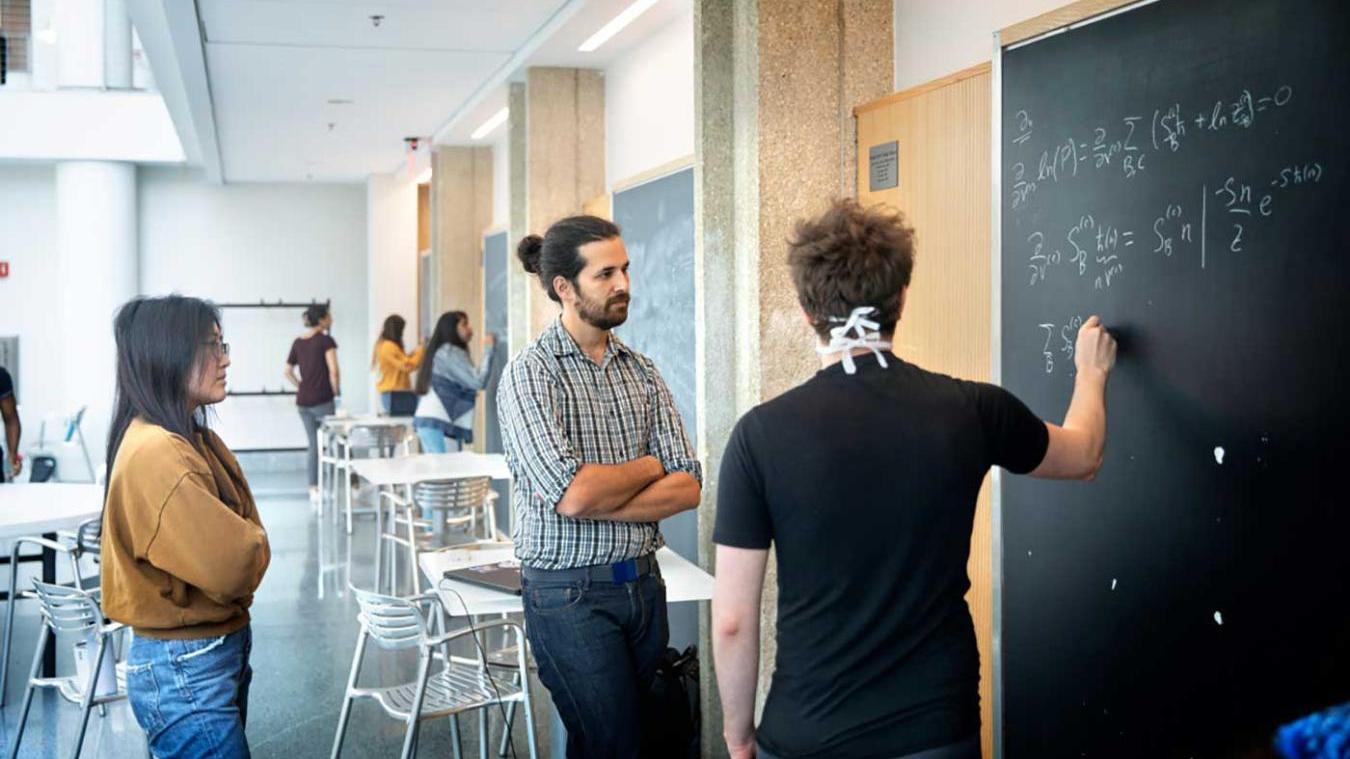
Physics is an exciting, living, discipline that continually moves in new directions: biophysics, nanophysics, and experimental cosmology are all areas which did not exist until relatively recently. Some of the greatest challenges we now face, such as how to manage our dwindling resources of fossil fuels and how to control/mitigate global warming, require a deep understanding of physics. Additionally, with the recent turn-on of the Large Hadron Collider, we are on the threshold of a new era of particle physics.
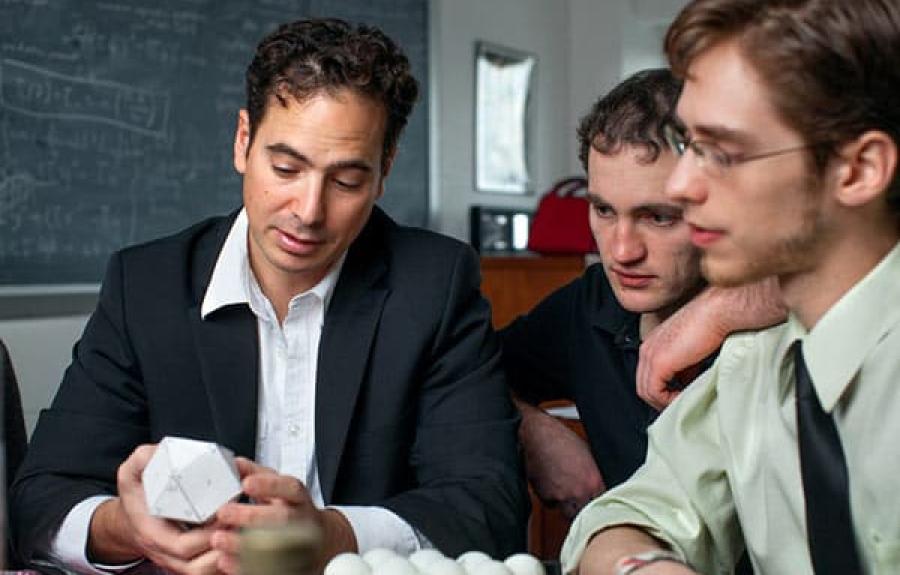
The graduate physics program at Cornell is multidisciplinary, broad and congenial, and has access to superb facilities. Explore the links below to learn more.
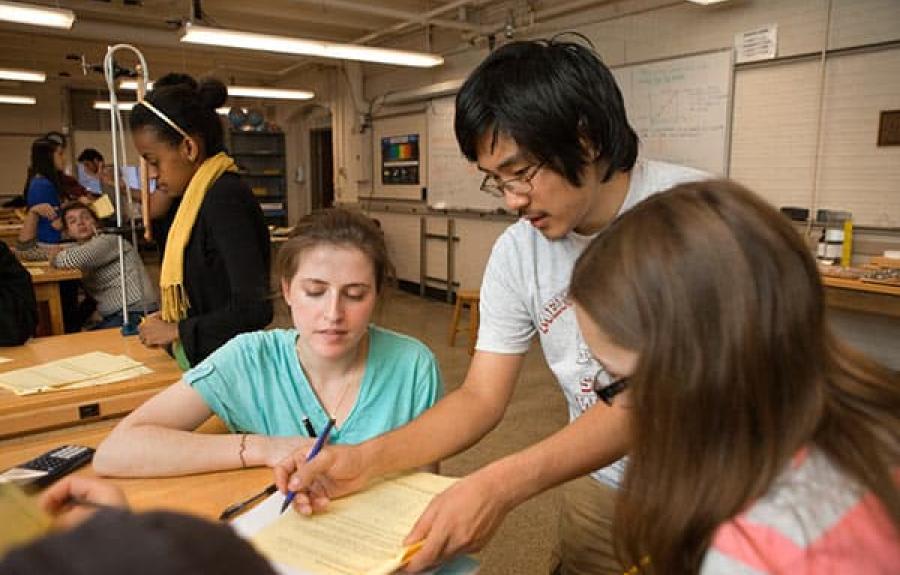
Studying physics at Cornell is a gateway to your future. For our alumni, a degree from Cornell has opened doors to employment with companies like Apple, careers in law, and research and faculty positions across the globe. Our combination of first-class research facilities and congenial atmosphere provide our students with the best environment to learn theoretical and experimental physics. At Cornell there is no need to limit yourself to coursework within our department. Many of our students choose to expand their education with coursework and research in complementary fields like Astronomy, Engineering, Biology and Computer Science.

Five Cornell faculty members are among 126 early-career researchers across North America who have won 2026 Sloan Research Fellowships from the Alfred P. Sloan Foundation.
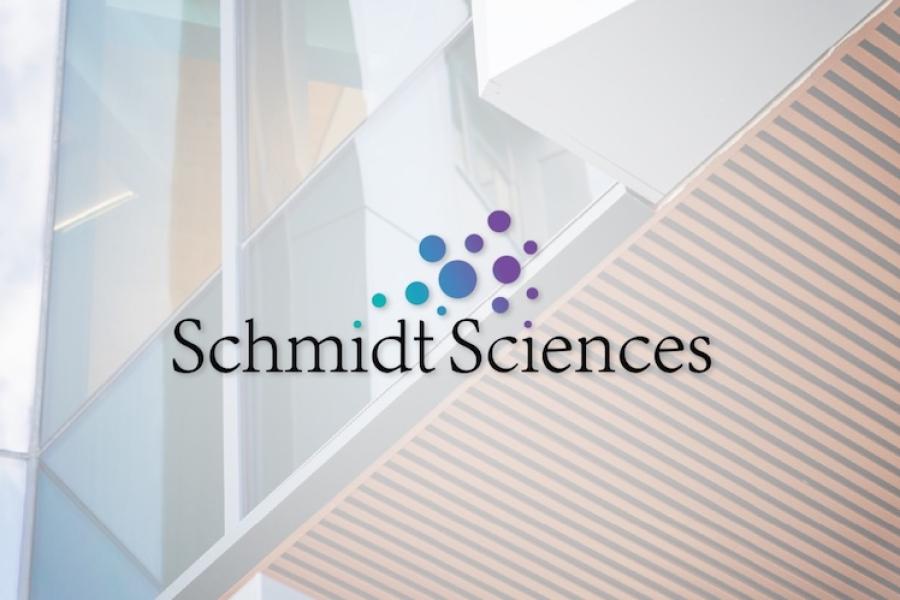
Cornell researchers interested in diverse topics ranging from peptide engineering and cellular metabolites to quantum physics and sustainable computing are among the newest cohort selected by the Eric and Wendy Schmidt AI in Science Postdoctoral Fellows program.
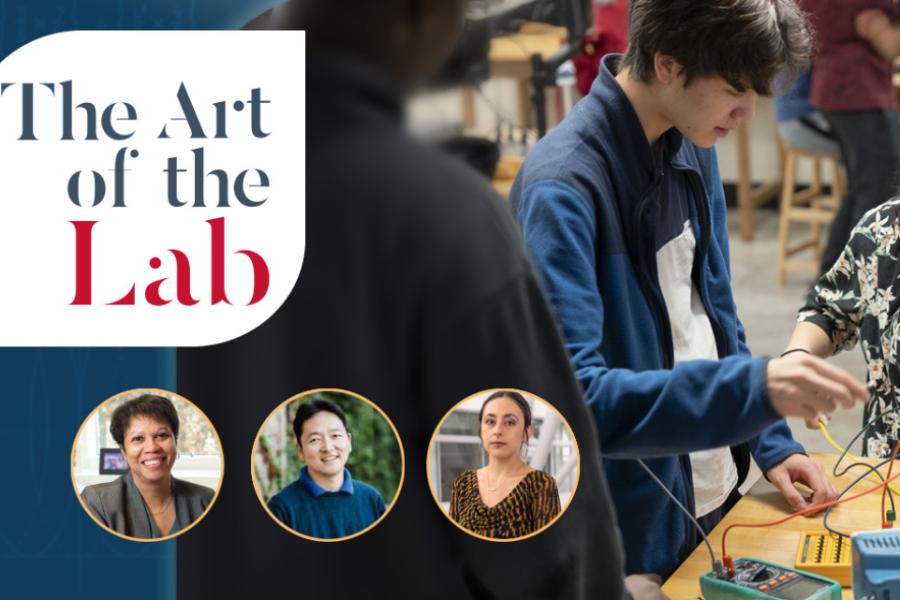
CTI’s “The Art of Teaching” series returns Feb. 11 with “The Art of the Lab.” Faculty panelists will share creative instructional approaches for designing student-centered laboratory experiences.

Four Cornell faculty members are among 99 researchers across the U.S. who have been awarded grants by the U.S. Department of Energy as part of its Office of Science Early Career Research Program.

The 12 early-career scholars will pursue research in the sciences, social sciences and humanities.
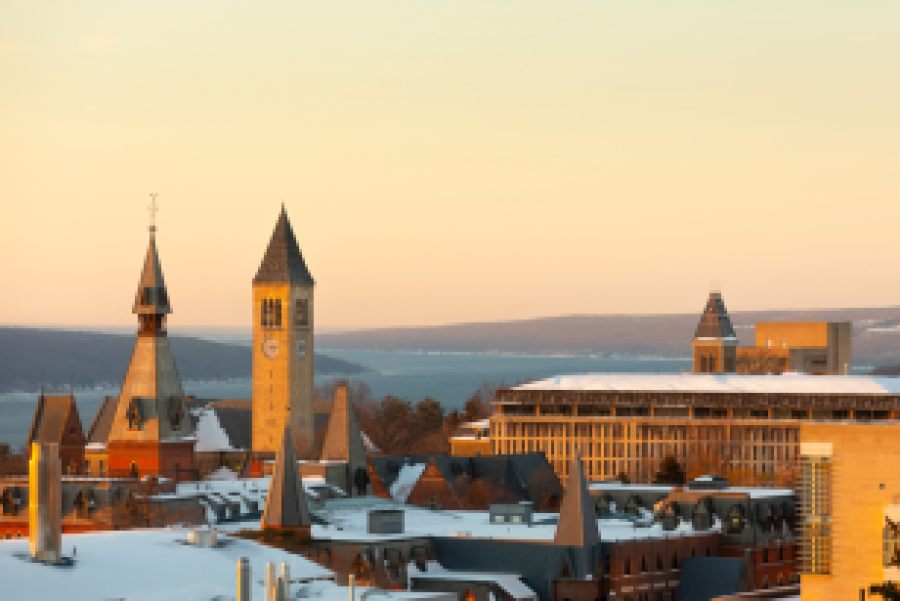
In 2026, the from the Gordon and Betty Moore Foundation will begin funding 10 two-year postdoctoral appointments including three in astronomy, chemistry and physics in the College of Arts and Sciences.
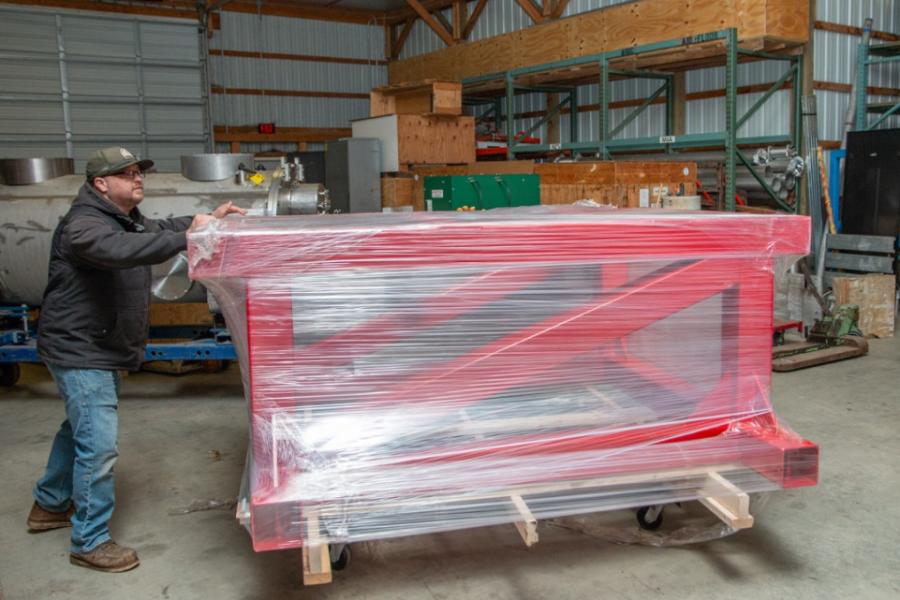
Behind a world-leading telescope bound for Chile is a team of engineers, machinists, electronics specialists and riggers at Cornell. Meet the specialized staff whose expertise is helping push cosmology to new frontiers.
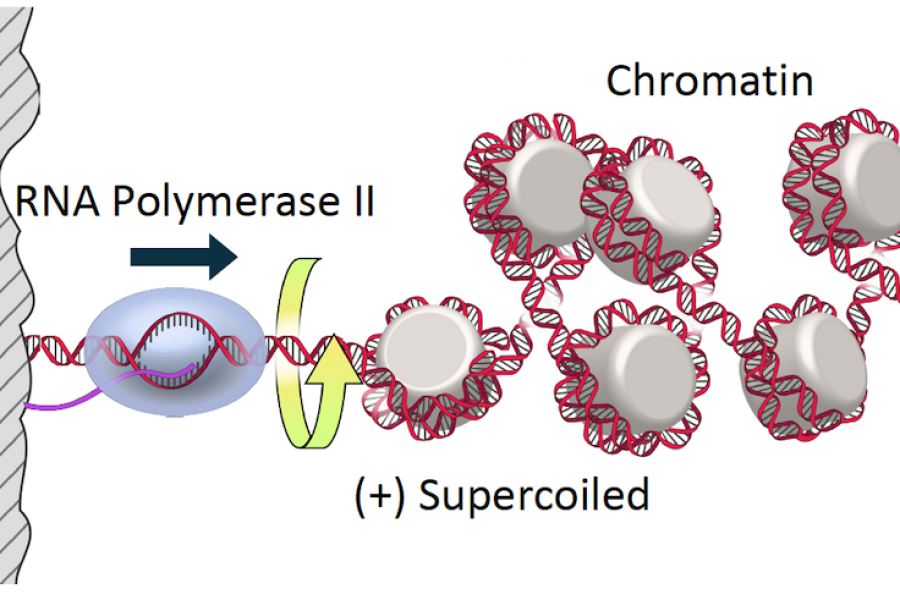
Researchers discovered that DNA packaging structures called nucleosomes, which have been traditionally seen as roadblocks for gene expression, actually help reduce torsional stress in DNA strands and facilitate genetic information decoding.